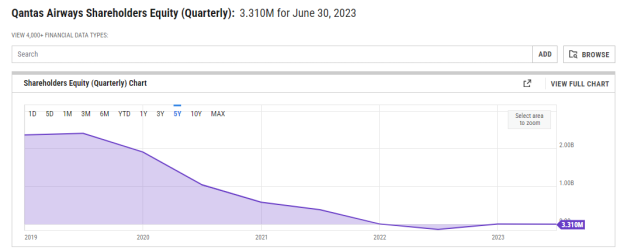- Joined
- Oct 13, 2013
- Posts
- 17,131
I don't really care where they put the call centres. It is really not about the nationality of the agents.
Unless the agents interacting with the customers have the proper tools to effect a fast resolution, unless the airline adopts a one call only policy, and unless the Qantas App is significantly improved, the enhancement is cosmetic and is basically going from a 3 leaf to a 4 leaf Neil Perry Salad.
Customer facing agents must be given all the tools to fix any situation
Customers should only have to ring once. Any follow up should be initiated by the airline.
#make the Qantas app better
Unless the agents interacting with the customers have the proper tools to effect a fast resolution, unless the airline adopts a one call only policy, and unless the Qantas App is significantly improved, the enhancement is cosmetic and is basically going from a 3 leaf to a 4 leaf Neil Perry Salad.
Customer facing agents must be given all the tools to fix any situation
Customers should only have to ring once. Any follow up should be initiated by the airline.
#make the Qantas app better
Last edited:















